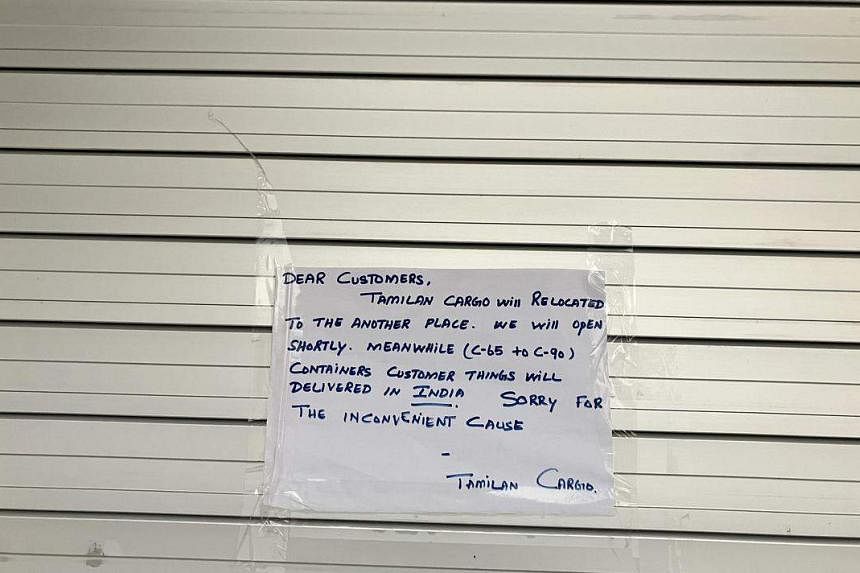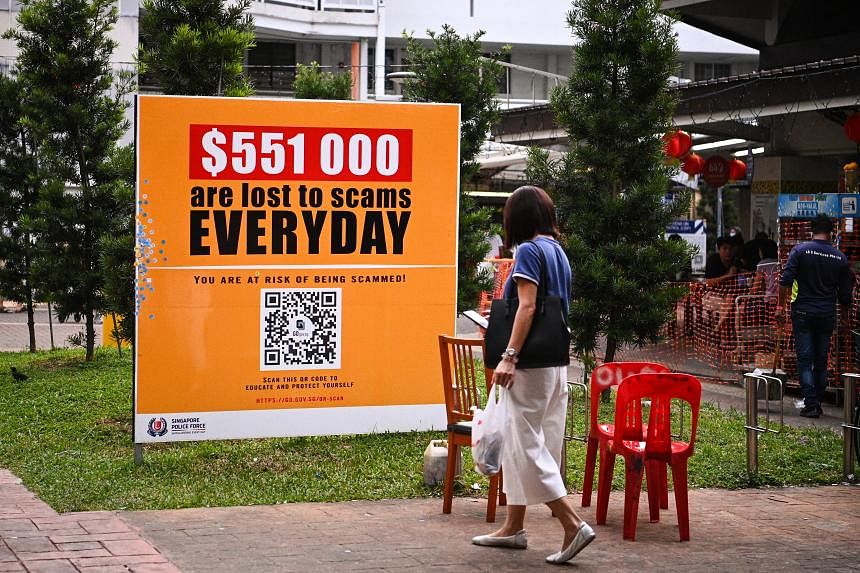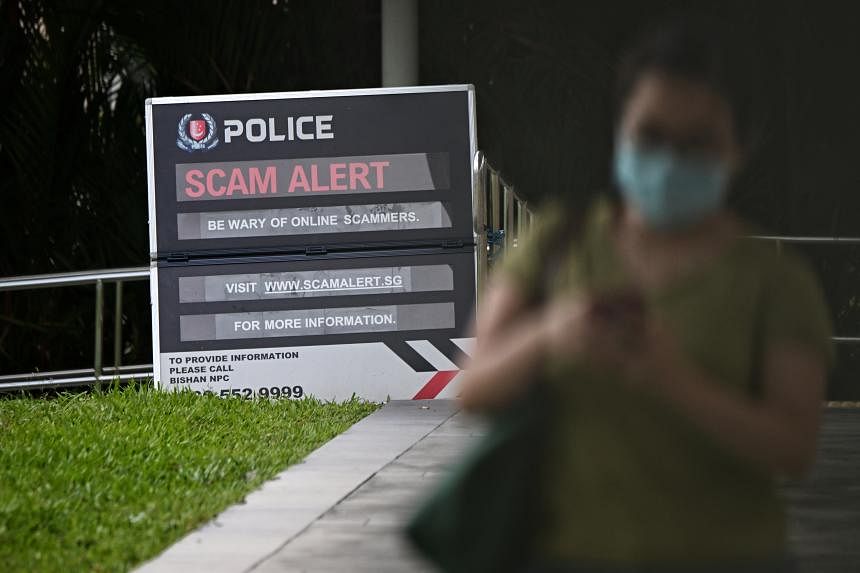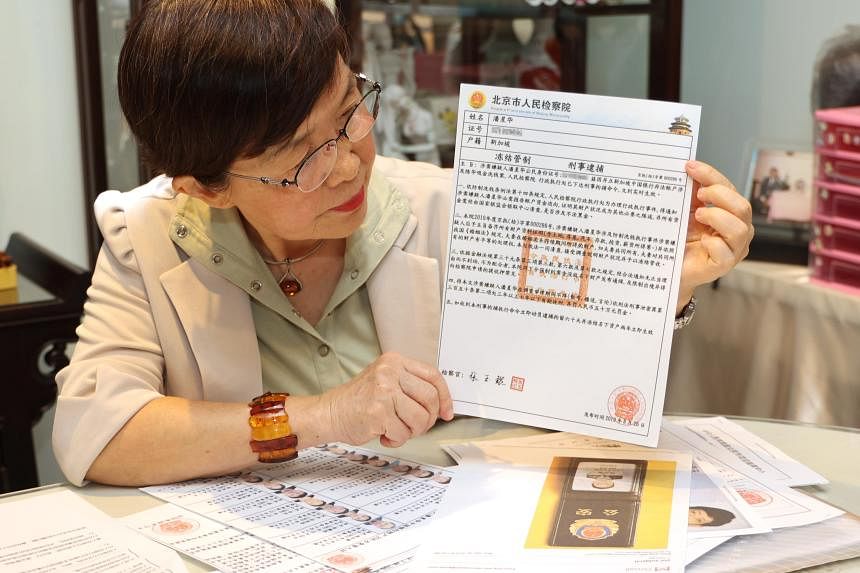- Joined
- Jul 25, 2008
- Messages
- 13,831
- Points
- 113
Stop Scams Podcast: How an American business owner lost $275k in a cryptocurrency scam

(From left) ST crime correspondent David Sun, Global Anti Scam Organization's COO Brian Bruce (joining virtually) , ST reporter Jessie Lim and deputy news editor Andre Yeo. ST PHOTO: SOH YU QIANG

Jessie Lim
NOV 18, 2022
SINGAPORE – In September 2021, Mr Brian Bruce received an invitation from a man to connect on online professional network LinkedIn, which eventually led to him losing US$200,000 (S$275,000) in a cryptocurrency scam.
The 46-year-old American business owner accepted the invitation, as the man who contacted him claimed he worked for a Fortune 500 company and that they had mutual friends.
Mr Bruce, who lives in Chicago, said: “He looked very legitimate, started talking business with me, knew the company I work at. He had a friend who went to the same university as me years ago, and so we really connected that way.”
After chatting with him for two weeks, the man introduced Mr Bruce to cryptocurrency trading platform Zebpayex.vip to trade Tether, a cryptocurrency stablecoin pegged to the US dollar.
He even created fake financial charts to show Mr Bruce his investments had a 15 per cent return.
Convinced the platform was legitimate, Mr Bruce gradually increased his investment to $200,000 over two weeks.
When he tried to withdraw his earnings but was unable to do so, he was told he had to pay a 33 per cent tax on his investment sum.
Mr Bruce said: “I (realised) I pay taxes to my government and not to a crypto investment platform. That’s when I found out it was a scam.”
While trying to find online resources for scam victims, he discovered the Global Anti-Scam Organisation (Gaso), a volunteer-run group that supports victims of online scams.
He began volunteering with Gaso as he wanted to prevent others from falling prey to such scams.
Mr Bruce, who is now Gaso’s chief of operations, spoke to The Straits Times on the eighth episode of the Stop Scams podcast, which will be broadcast on Friday.
The Stop Scams podcast is a series by ST to raise greater public awareness of the modern scourge of scams.
In Singapore, more than $1 billion has been lost by scam victims since 2016.
During the episode, Mr Bruce warned about “pig butchering scams”, which combine tactics from love and investment scams.
He said: “These scammers tell you to invest for the future together. They build dreams with you, for example by talking about islands you are going to travel to. They are manipulating you any way they can. And at the end, they cut the victim. It’s called “pig butchering” because they fatten you up, raise you up through flattering words, and then they butcher you.”
Mr Bruce also discussed how Gaso works with government agencies in South-east Asia to secure the release of human trafficking victims who were duped into working for scam syndicates in Myanmar and Cambodia.
Providing tips for scam victims seeking to recover from their losses, Mr Bruce said: “At first, I thought, how am I going to get past this? Now, I think of the loss as just another house payment, an expensive car payment I’m going to have to make for 30 years. Trying to get back into the routine of everyday life and knowing I can still pay my bills, that’s how I psychologically cope to get past this.”































